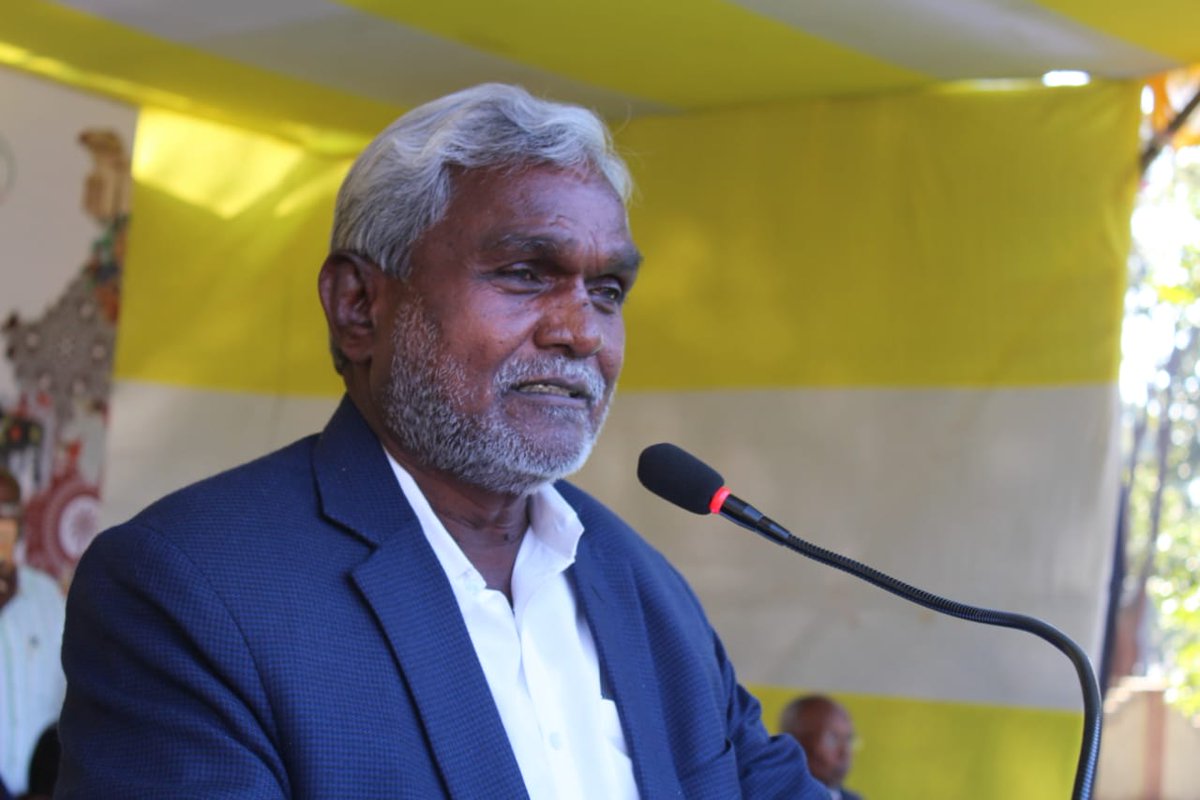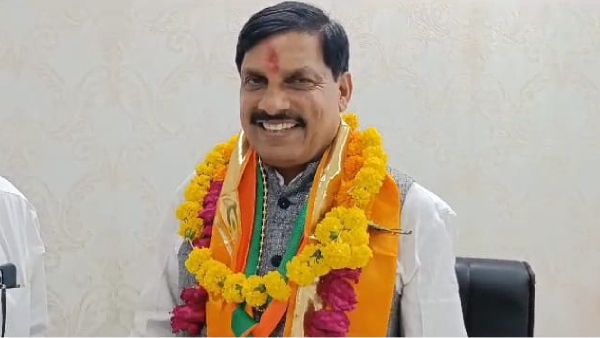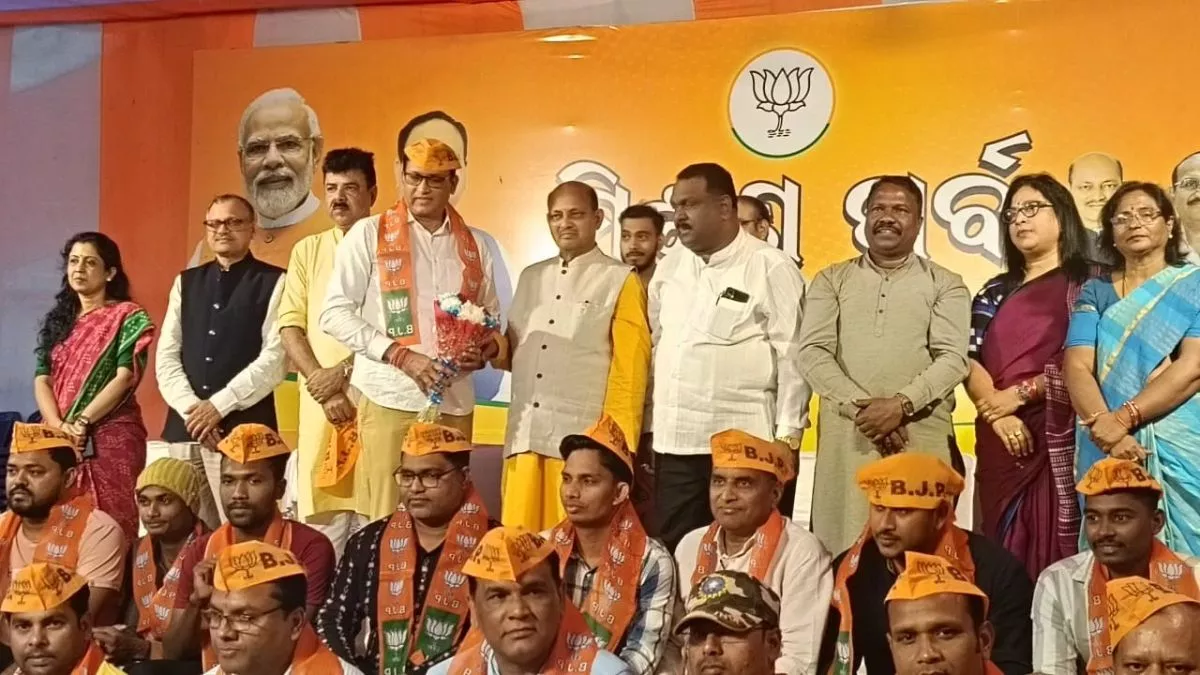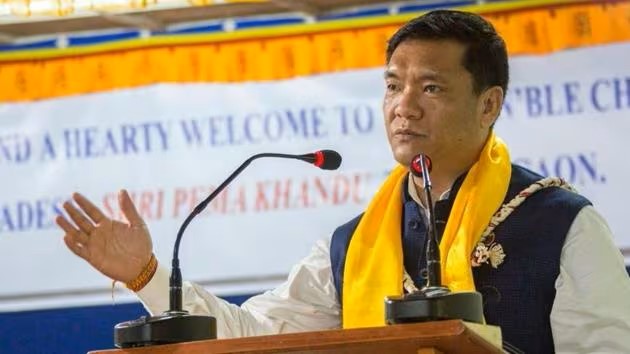The political drama unfolding in Jharkhand resembles a tempestuous ocean, its waves crashing against the shores of uncertainty and conflicting claims. The abrupt resignation and arrest of Chief Minister Hemant Soren, followed by Champai Soren’s emergence as a potential successor, has plunged the state into a labyrinth of legal complexities, constitutional questions, and a palpable sense of unease. Navigating this storm requires delving deeper into the intricate dynamics at play, exploring potential paths forward, and recognizing the broader implications for democracy and societal trust.
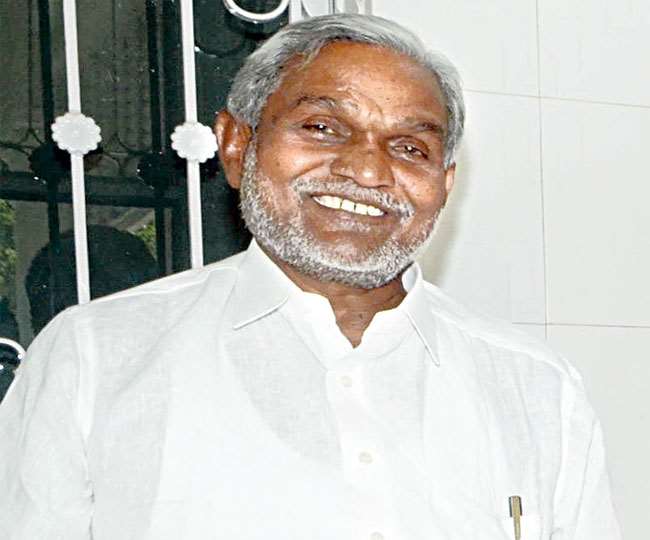 Ranchi: Champai Soren’s claim to power hinges on the crucial element of legitimacy. He asserts the support of 47 MLAs, exceeding the majority mark, and urges the Governor to act swiftly to end the “confusion” and establish a “popular government.” However, a web of doubt entangles this claim. The JMM’s accusations of political vendetta surrounding Hemant Soren’s arrest cast a shadow over the process, raising concerns about impartiality and potentially influencing the Governor’s decision. Furthermore, the lack of transparency surrounding the verification of claimed support adds another layer of ambiguity, leaving questions unanswered and fueling anxieties.
Ranchi: Champai Soren’s claim to power hinges on the crucial element of legitimacy. He asserts the support of 47 MLAs, exceeding the majority mark, and urges the Governor to act swiftly to end the “confusion” and establish a “popular government.” However, a web of doubt entangles this claim. The JMM’s accusations of political vendetta surrounding Hemant Soren’s arrest cast a shadow over the process, raising concerns about impartiality and potentially influencing the Governor’s decision. Furthermore, the lack of transparency surrounding the verification of claimed support adds another layer of ambiguity, leaving questions unanswered and fueling anxieties.
Governor C.P. Radhakrishnan stands at the helm of this political tempest, holding the key to Jharkhand’s immediate future. Convinced of Champai Soren’s majority and confident in the legitimacy of the claim, he could invite him to form the government, restoring stability and allowing governance to resume its course. However, this requires a scrupulous verification process, adherence to constitutional norms, and ensuring a smooth transition devoid of political pressure or manipulation. Any deviation from these principles could have long-lasting ramifications, eroding public trust and potentially triggering legal challenges.
Alternatively, the Governor could recommend the President’s Rule, suspending the Assembly and placing the state under central administration. While this might offer a reprieve, it raises concerns about democratic erosion and potential overreach by the central government. Additionally, it does not address the underlying issues and could further delay a resolution, leaving the root causes unaddressed and fueling resentment.
Further complicating the scenario is the legal battle brewing in the Supreme Court. Hemant Soren’s challenge to his arrest could significantly impact the political landscape. A favourable outcome could pave the way for his return, potentially influencing the Governor’s decision. Conversely, an unfavourable verdict could prolong the uncertainty and lead to further legal challenges, creating a prolonged period of instability and further eroding public faith in the legal system.
Jharkhand’s political storm serves as a stark reminder of the fragility of democratic processes and the delicate balance between political ambitions, legal proceedings, and public trust. The events raise deeper concerns about the potential weaponization of law enforcement agencies for political purposes, the need for robust legal safeguards, and the adherence to constitutional principles in political decision-making.
Moving forward, ensuring free and fair elections, fostering constructive dialogue, and upholding the will of the electorate are crucial steps to prevent such crises from recurring. Additionally, strengthening democratic institutions and promoting transparency within the political and legal systems are vital to rebuild public trust and confidence in the governance process.
Jharkhand’s path towards stability lies in transparent decision-making, adherence to constitutional principles, and addressing the root causes of the crisis. This necessitates swift and fair legal proceedings, upholding democratic norms by all stakeholders, and a collective commitment to strengthening democratic institutions. Only then can Jharkhand emerge from this turbulent period, not just politically stable, but also with a renewed sense of trust and confidence in its governance system?

